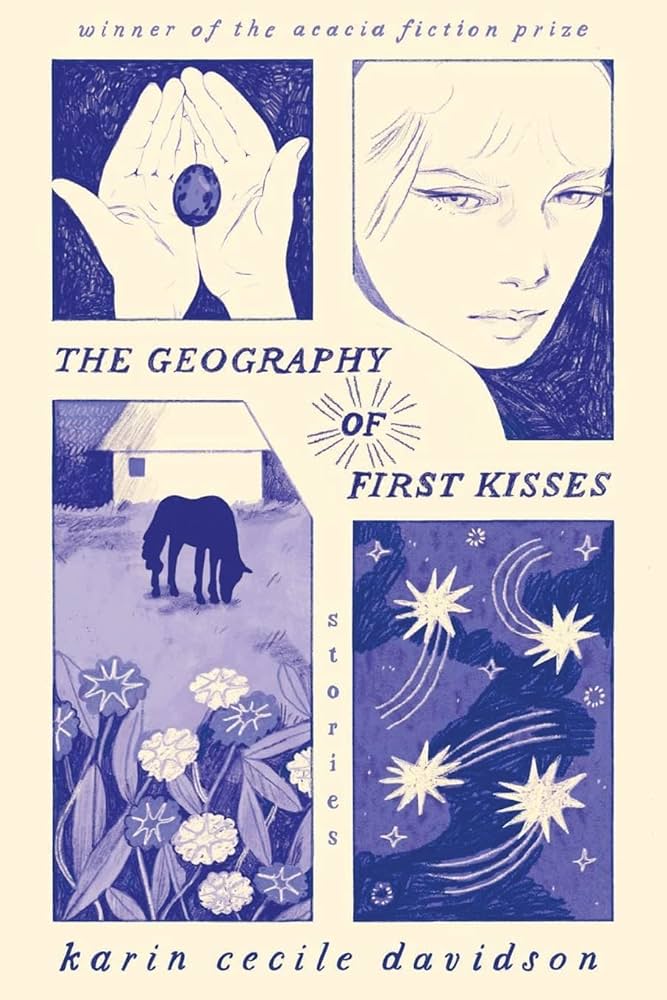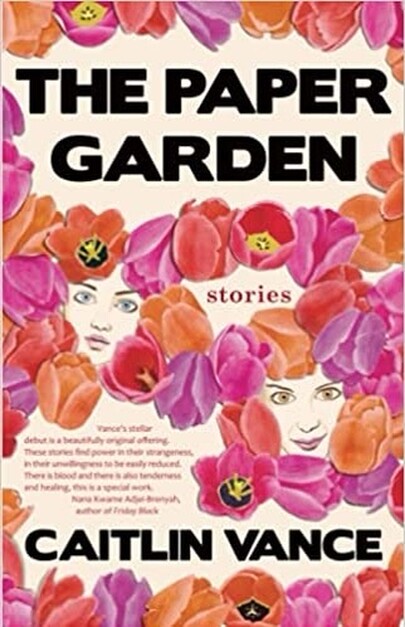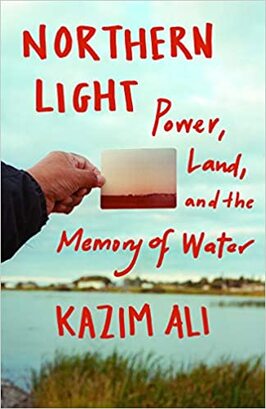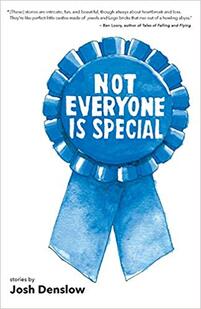While it’s typical for media to display love under rose-colored lenses, The Geography of First Kisses by Karin Cecile Davidson shows the in-betweens of romance. Davidson reveals the love, loss, and nostalgia of relationships through the use of fully realized characters and descriptive language. With each short story, the characters feel close enough to the reader’s heart that it’s easy to trick the brain into thinking the whole book was about them from cover to cover.
0 Comments
Caitlin Vance’s debut short story collection simultaneously stuns and alarms audiences. The Paper Garden’s stories are separate pieces of fiction that instantly draw the reader into their unique and memorable world. The stories range from children’s experiences comprehending the world around them, realistic queer romances, reimagined biblical passages, and stories blanketed in a fresh take on mental illnesses. Where Vance truly shines is utilizing her obscure yet easily understood metaphors, and her ability to transform her character’s voices into meaning that embodies each reader's unique circumstance. Regardless of some of Vance’s collection being centered in a fantastical version of reality, she also utilizes her writing to make light of undeniable truths about religion, relationships, gender, love, and societal norms. What Vance is truly putting forth through her writing is the idea that nothing should be taken at face value, and everything should be questioned for its supposed authority and validity.
Author Kazim Ali reminds us that, like layers of sediment in the earth, generations of lives are inscribed within the land around us. In his memoir Northern Light: Power, Land, and the Memory of Water, Ali weaves a detailed meshing of historical events, personal accounts, and his own experiences as he searches for answers to the series of questions that led him to Cross Lake and the Pimicikamak community.
Each of us finds a way to cope with the hurdles and pain that life throws our way. Some turn towards their work, others to more destructive means. Then, there’s Josh Denslow. In his collection of stories Not Everyone is Special, Denslow covers a range of topics with his characters: from being a child of divorce, to being a survivor in the aftermath of a friends’ suicide, to being a little person in today’s world. His approach is to use humor not only to build up the narrative in each story, but show how people use it as a form of self-preservation and self-defense in ways that are true to real life, even when he is putting a character in a world where people have superpowers like being able to get the wrinkles out of shirts by patting them down with their hands or extending and retracting their facial hair in real time.
The woman running for her life from a man in a park. The girl who passes out at a party after a tainted drink. These are familiar stories we’ve been exposed to time and time again in the media. In fact, they’re so common they border on cliché. We’re under the impression there is nothing left to say, but there’s still, for a lack of words, fresh blood in these stories.
Jacqueline Doyle’s debut chapbook The Missing Girl features a collection of stories about the threats women face. From rape to questionable encounters, Doyle’s genius is that through her flash fiction pieces, she relies on our societal knowledge to fill in the blanks of her finely drawn bits of terror; and through them reminds us that for women nothing and nowhere is safe. |
Archives
July 2024
Categories
All
|
|
Glassworks is a publication of Rowan University's Master of Arts in Writing 260 Victoria Street • Glassboro, New Jersey 08028 [email protected] |
All Content on this Site (c) 2024 Glassworks
|






 RSS Feed
RSS Feed
